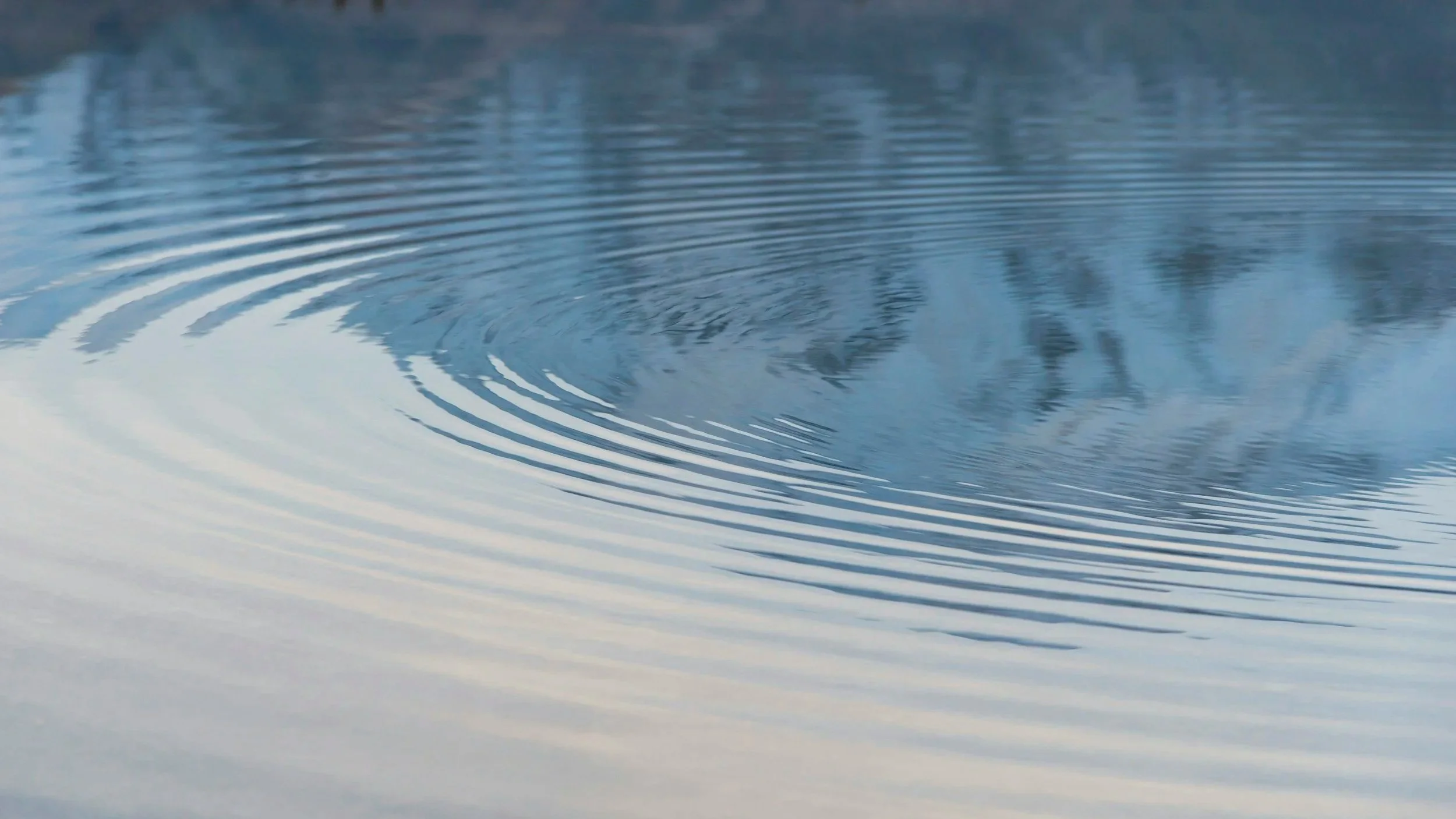The Ripple Effect of Story
Earlier this year, I got a call from my friend Sean at Story Gorge. He had a new opportunity for us: a chance to teach inside a Gender & Psychology class at Lewis & Clark College in Portland.
The professor was asking us to lead workshops at key points in the semester — first on digital storytelling, and later on mobile documentary filmmaking.
I jumped on board immediately.
Not just because I love the work, but because this pairing — first reflecting inward through personal story, then turning outward to document the world — is how we’ve always envisioned these two programs working together.
But what made this invitation extra meaningful was who it came from.
The professor had actually been a student of ours. During the pandemic, they took a digital storytelling workshop we led for Project Koru — a nonprofit that normally brings young adult cancer survivors (ages 21–49) on snowboarding and surfing trips to build community and healing. With COVID canceling travel, Koru asked us to help recreate that same spirit online — using story instead of surfboards.
In that first workshop, participants came in with a clear desire:
To reconnect with their cancer stories.
To reframe them.
Or to rewrite them entirely.
Over the course of six weeks, meeting for just two hours a week, eight powerful digital stories emerged — stories full of reflection, loss, transformation, and unexpected joy.
A Classroom Full of Echoes
Now, a few years later, that same student was a professor. And on the first day at Lewis & Clark, they stood in front of the class and shared how profoundly that storytelling workshop had shaped them.
It had changed how they approached life and work — inviting creativity and heart into what had once been purely analytical. They wanted their students to experience the same shift. To move beyond research papers and critical theory and into the beating heart of why they’d chosen psychology in the first place: to understand people.
Watching their students open up — some for the first time — was powerful. They explored all facets of identity: grief, gender, culture, love, memory. And as we transitioned from digital storytelling into mobile documentary work, I saw a visible shift in how they approached others. Their gaze became more tender. Their edits more thoughtful. They weren’t just documenting anymore — they were listening.
The Ripple Effect
That experience reminded me of something I’ve felt in every workshop I’ve taught, but sometimes forget in the day-to-day:
You never really know what kind of impact telling your story will have — on yourself or on someone else.
The truth is, I’ve taught digital storytelling to more than a thousand people over the years — from nonprofit staff to high school students to trauma survivors to climate advocates. And every time, I’m blown away by what emerges when people are given space, structure, and support to speak from the heart.
I’m grateful I get to do this work.
I’m grateful for the stories I get to witness.
And I can’t wait to see how far the ripples go.

